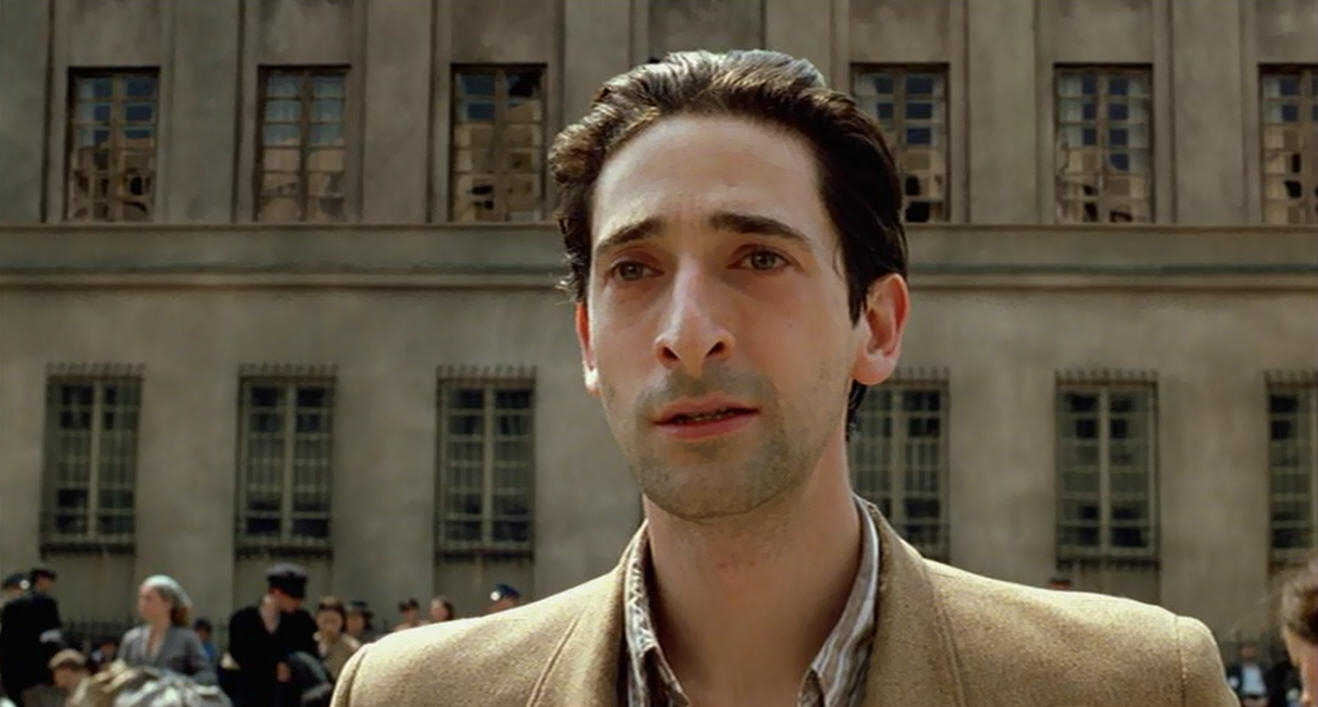
I generally find the best films are the ones that are made straight from the heart. A personal work by an artist who looks inside themselves so deeply that once it comes on the screen it’s impossible to not revel in the majesty of it. These works I’m going to highlight here today are the ultimate reflections of this.
Whether through good or bad, the 10 films I’m going to discuss in this countdown were made by directors whose entire lives built up to making this film. Whether it be their own personal feeling or the world around them that shaped who they were, all of these films served as manifestations of so much their auteurs endured through their lives.
In many ways these films could be argues as their crowning achievements, although there’s always room for debate with that remark. But in any case these are 10 Films their Directors were Born to Make. (Alphabetical order by the Film Title)
1. Amarcord (1973) – Federico Fellini
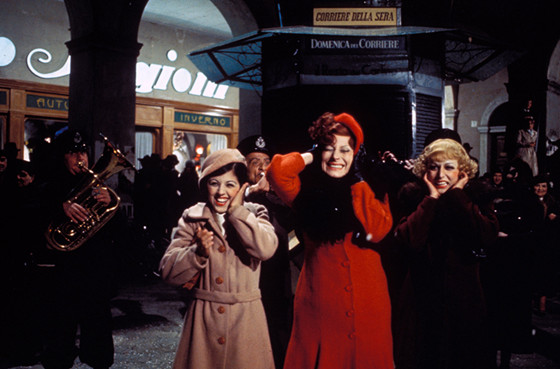
Amarcord: Italian for ‘I remember’. If there was ever a film in history that’s made purely out of nostalgia and joy from a filmmaker it’s this one. This is a film built off of memories on top of memories from Fellini’s childhood. A fantasy, dream like retelling of so many people and scenarios he remembers from his youth. Told with such love and affection. Each character feeling flamboyant and larger than life.
In truth it’s hard to choose just one of Fellini’s films as one he was born to make, all of his greatest works were autobiographical representations of him at some point in his life. But “Amarcord”, to me at least, seems to be his most personal. Out of the films in Fellini’s repertoire this is the one that feels like his life was meant to fulfill from an early age because it is a portrait of his life at an early age.
There’s perhaps no other film that shows what we now regard as Felliniesque better than this one. So much of what we associate with Fellini can be found here, a vision of that doughy eyed little boy who’s captured by dreams and fantasies, restrained by Catholic guilt, and loved to move around in parades and dances.
“Amarcord” takes us back to the small town of Fellini’s birth in the 1930’s, a time when Italian fascism was largely prominent, and how he remembers the people he knew there.
2. Do the Right Thing (1989) – Spike Lee
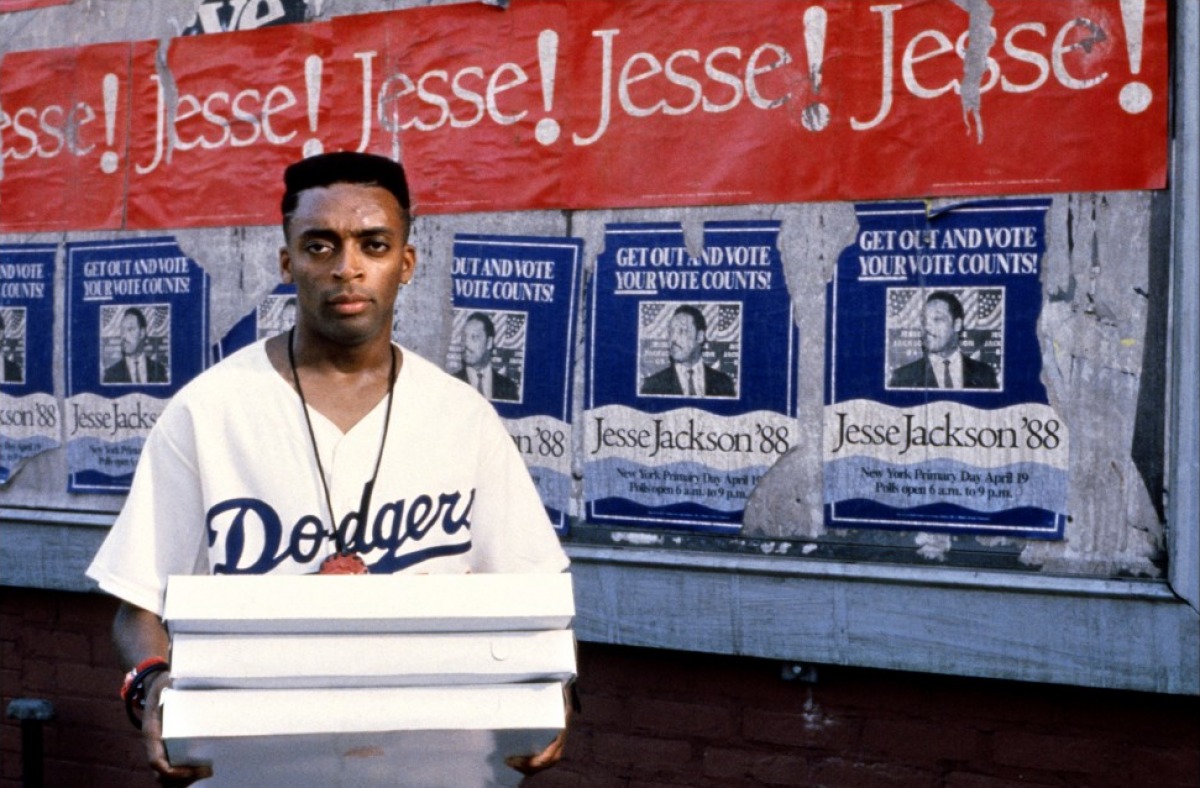
Spike Lee has been one of the most outspoken voices in film for many decades now. With “Do the Right Thing” he made an emphatic statement that needed to be heard. In 1989, and continuing strong today, the myth of post racism America is still largely believed.
Lee grew up in Brooklyn, New York and attended predominantly black schools. Lee obviously has scars left by his experiences with racism and the sensitive nature of what these matters mean to him. This is why it’s no shock he was able to write the screenplay for this in just 2 weeks. Everything that Lee has endured in his life is poured out onto the screen and boils over in an explosion of meaning and emotion.
With “Do the Right Thing” Lee showed that he was a young filmmaker with a lot on his mind and a lot to say. Where so many films of the time period, including that year’s Best Picture Winner “Driving Miss Daisy”, were saying that racism was only a relic of the past.
Lee made it clear that hatred was still largely prominent in American society. And not just in the sense of whites being racist towards blacks, but in that every one of every race has a distinct flaw in the way they see and judge others. Each character is painted in a specific stereotype we’ve come to expect, but that’s the whole point.
The way we come off so differently is what Lee is satirizing. The film is a brilliantly constructed statement on hatred and how everyone across the board is guilty of it. By the end of the film no one does the right thing, hence “Do the Right Thing”.
3. Farewell My Concubine (1993) – Kaige Chen
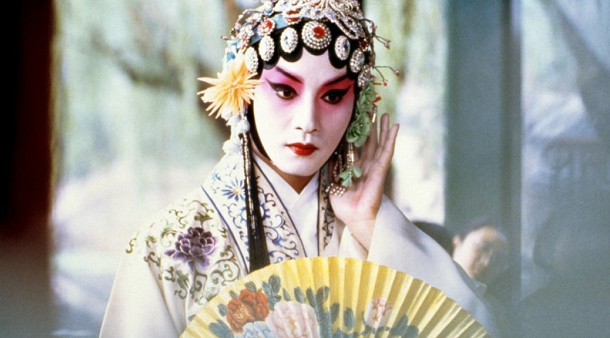
“Farewell My Concubine” is two films in one. One story is an epic spanning decades of Chinese culture, and the other is a melodrama about life at the famous Peking Opera. At first glance the idea of opera stars telling us the story of modern China doesn’t sound like a good idea, but the film flows with such a sense of urgency and told with such deep lore that it pulls us in to its mysteries.
The story takes place in traditional show business dealings as we see two young boys inducted into the Peking Opera’s harsh, scrutinizing training academy in which they strive for perfection. They meet a young girl named Douzi (Leslie Cheung) who’s a shy, delicate girl. She’s assigned the role of the concubine, a part in which she plays a transvestite character in a famous opera. These kids are locked into these roles for their entire lives. They keep their relationships in tact despite the harsh world around them, going through WWII and the communist revolution in China during the post war years.
The film was directed by Chen Keige who knows exactly what Cultural Revolution is like first hand, growing up in China during these years. This is a film made by the 5th generation of Chinese filmmakers who started their work after the Cultural Revolution in their country and started telling their stories in far more artistic ways.
This is a demonstration of what a great epic is, a story of individuals on a personal level but surrounded by a larger world around them. This transports us to a time and place different from our own but allows us to see exactly what shaped it.
4. JFK (1991) – Oliver Stone
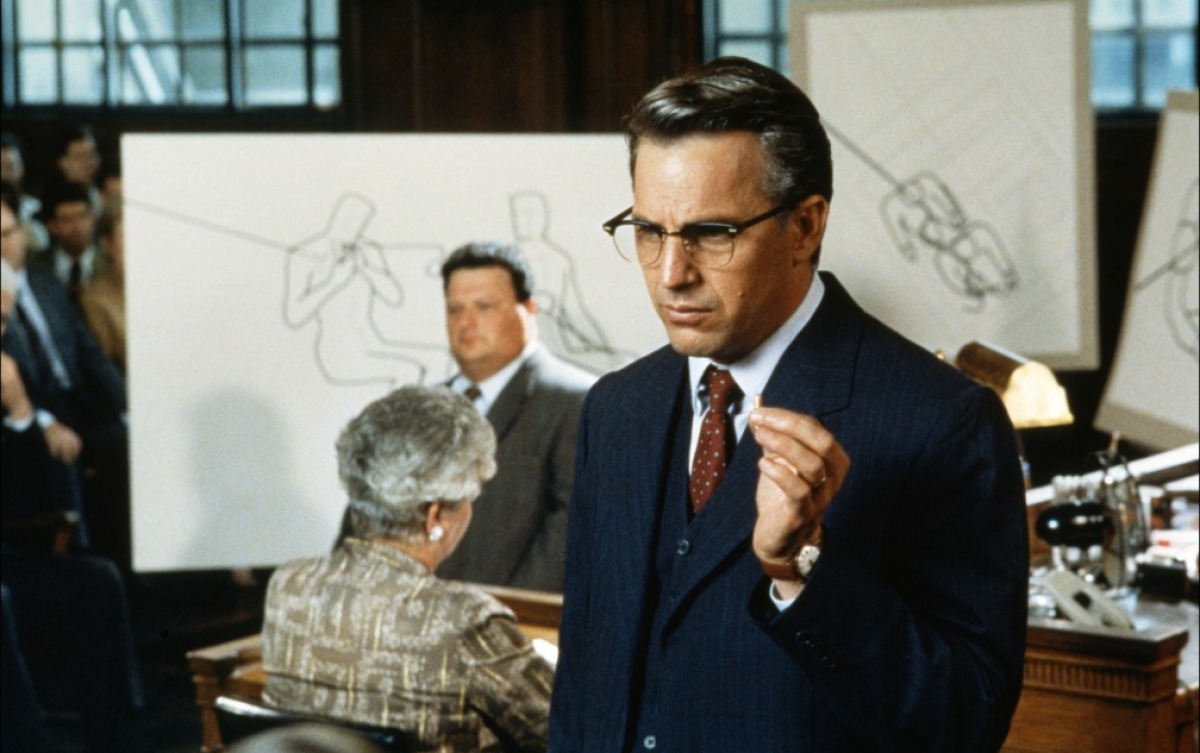
Oliver Stone has never been shy of controversy in his historic career. From an early age Stone was involved in outrageous controversy in his life. His works have been nothing less than a demonstration of not only what he’s felt throughout his life but the feelings of so many in our country. And in that regard Oliver Stone’s “JFK” is accurate in its depictions. The feelings meant to be represented are the ones of uncertainty, speculation, fear, paranoia, and conspiracy surrounding the John F. Kennedy assassination.
For anyone who was alive for it, it was their version of what 9/11 is to my generation. Since that fateful day in 1963 the American people have been demanding answers that the Warren Commission report doesn’t fulfill. Looking over the articles, reports, and investigations myself; I for one have never found a convincing argument to be made for their report.
Stone uses Garrison as a figure to represent all of us who seek truth and justice of the most debatable political controversy of the last 50+ years. And he’s the only one who was committed enough to bring it to court to question it.
This is a film with 28 years of conspiracy theories, allegations, and questionable testimonies put into it therefore the film needs to reflect this. In these moments the film goes through a cycle of newspapers, still images, black and white footage, color footage, headlines, fictional events, factual events, and everything in-between.
The Kennedy assassination has been so wildly speculated that this feels like the only proper way to address it. The films greatest achievement is that it captures the anger that has been dormant in the sub-conscience of the American people ever since 1963 and likely won’t sustain until the full documents are released.
5. Persona (1966) – Ingmar Bergman
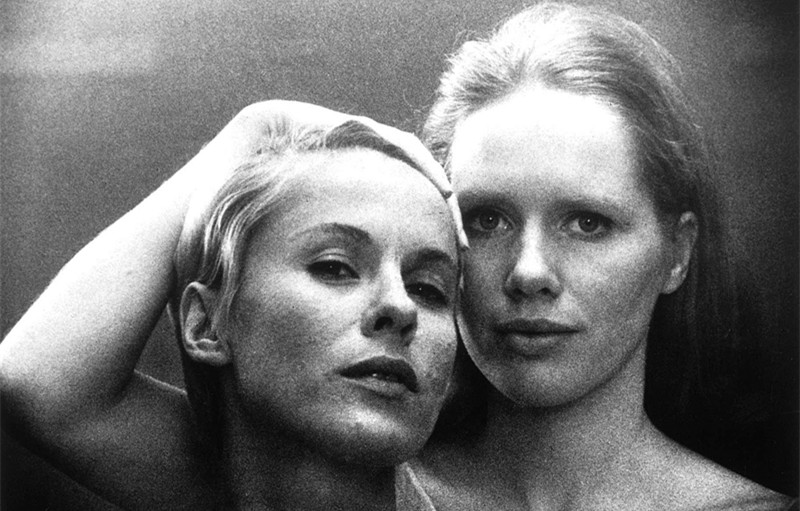
What’s fascinating about “Persona” is that it breaks away from what we generally expect out of Ingmar Bergman’s filmography and becomes more of a personal note in his arsenal.
The power the film possesses is how it draws us in and forces us to look inside ourselves to realize our own personal feelings of guilt and abandonment. Trying to communicate to people who won’t respond. Bergman uses the faces of his actresses like a blank screen, we stare into it and draw our own conclusions because what we’re looking at isn’t overtly telling us what’s happening.
I think more than any other film, “Persona” conveys to us Bergman’s mindset. At least in regards to suffering and reality. He insists to us at numerous points that the film is not real. It’s “nothing”. It’s another room in the universe of Bergman’s mind and art.
“Persona” lives as a study of the human psyche, how one sees and feels reality in the wake of hopelessness and solitude. This film, better than any other, is a definitive mark of the diverge between reality and dreams and how one’s mind slips too much into one and not the other.